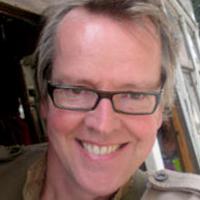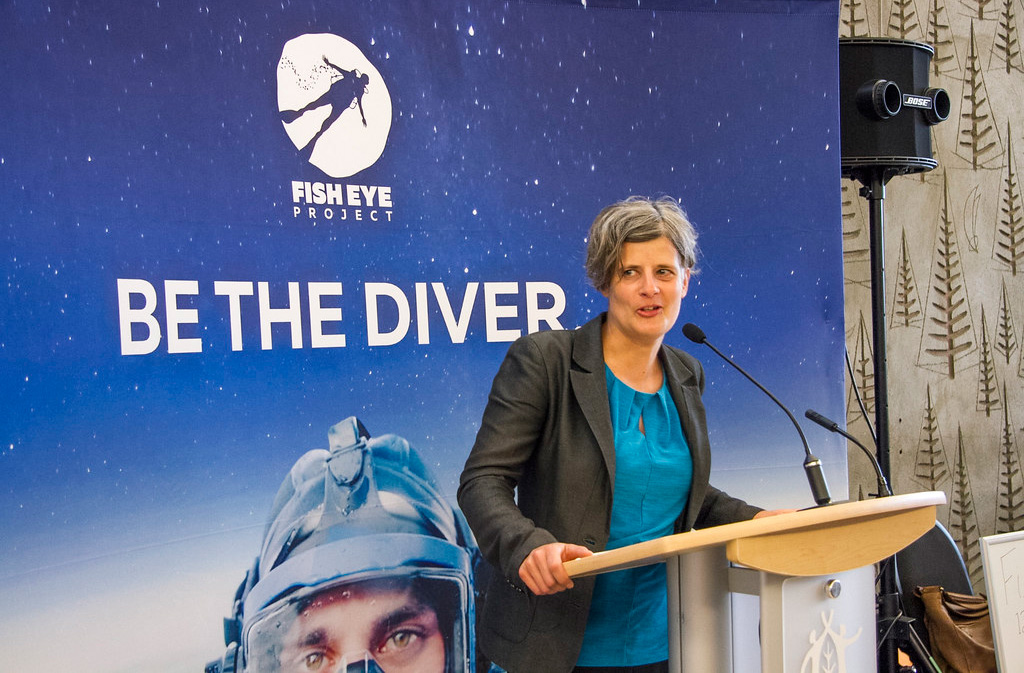The Empress looks a little less like an abandoned chateau. The pretty lights on the legislature no longer waste their illumination on the waterfront air. Victoria may not be bustling exactly, but as of the last weekend in June things are beginning to reopen. Visitors are returning.
For Victoria Mayor Lisa Helps, the task is making sure they have a great city to return to. “One of the things I have learned in my time as mayor is that tourism is inherently local,” she says. “It sounds contradictory, but if you build a good city that is great for the people who live here, it’s also a good place for people to visit.”
It’s a philosophy that is gaining ground in cities around the world. Advice columnists will sometimes tell frustrated daters that the best way to find a great partner is not a makeover or a flashy car but a focus on making yourself a better person. For cities too, ostentatious flirting via giant Ferris wheels and wet 'n wild water parks has given way to a new tourism ethos — it’s love me for who I am.
Helps cites the Food Eco District as one example, a multi-block downtown zone that emphasizes sustainable restaurants and retailers, plus edible gardens and green spaces. “The bike lanes we’ve built are another example,” she says. “Parks and playgrounds are good for people who live here and people who visit.”
Of course, there have been precious few of the latter this year. The topic of tourism philosophy has been largely moot since COVID-19 hit the industry like a power outage. “We had a revenue drop of 98 per cent,” says Paul Nursey, CEO of civic tourism organization Destination Greater Victoria. “The pandemic upended everything.”
But for destinations like Victoria, the process of rethinking travel had begun long before calamity struck. “When I came here in 2014, we had three main issues,” Nursey says. “One was seasonality. Two, sustainability. And three, high-value tourism.”
Nursey aimed for a three-bird shot with his pride and joy, the Impact Sustainability Travel & Tourism Conference. “It’s a national conversation about the future of tourism, how can we make it more sustainable, make destinations more sustainable,” says Helps.
The event, which has run for the past three years, draws high-value visitors in the winter months while addressing issues relating to sustainable tourism. “It can be hard to get from the academic level to street level,” Nursey says. “Impact has been an attempt to do that.”
Such conferences draw attendees to the city in the off-season when the weather frequently resembles an extended teen heartbreak video. They also attract the kind of tourists the city craves. “Conference visitors are the highest-spending of all tourists,” Helps says, “and they are more likely to come back for a non-work-related vacation.”
Victoria’s approach was inspired in part by South Korea’s successful “Korea Sparkling” marketing campaign that positioned the country as a destination for high-tech conferences. Victoria also aims to be a high-tech centre, but with a strong coastal element. “The Victoria Conference Centre is part of our strategy to attract and host conferences that play to our strengths,” says Helps, “particularly anything in the ocean and marine industry.”
Greg Oates, a vice-president with California-based travel consultants MMGY NextFactor, cites an unusual aspect of Victoria’s tourism profile: the Ocean Networks Canada centre near the University of Victoria. It may not have a giant water slide or host tour bus groups, but Oates says the environmental research facility fits into a grander strategic vision. “It’s about differentiating your destination as a progressive place with a strong focus on sustainability,” he says.
Jeff Bray is executive director of the Downtown Victoria Business Association, and co-chair of the Coalition to End Homelessness. He says the city, Destination Greater Victoria and other civic groups are generally in alignment about future goals. If there is an area that needs work, Bray says, it is the issue of mental health, addiction and street disorder.
“With the slowdown, it has really become more evident,” he says. “We over-use the term ‘homeless.’ Many individuals are not so much homeless as they are un-houseable because of their untreated mental health issues or addiction issues. If there is an area of concern, it’s the lack of action on that front.”
He salutes the $90-million commitment to housing from the federal, provincial and regional government. “That’s terrific,” he says. “But it requires an equal commitment on the mental health and addiction sides. That’s the big gap that we’re seeing.”
The pandemic may be a particularly difficult period, but Nursey points out that COVID-19 is really just the latest bummer in what has been in many ways a saeculum horribilis for the Canadian tourist industry.
“You had 9/11. Then SARS in 2003,” an event that had an outsize national impact since international travellers simply conflated Toronto with Canada as a whole. “In 2006, it became necessary to have a passport to cross the U.S.-Canada border, and that had a real negative impact. Then there was the financial crisis of 2008/2009. It was really around 2013 or so that things really recovered. We had six or seven good years after that.”
During that relatively prosperous period, Destination Greater Victoria began working with the hospitality industry on that other priority, sustainability. Hotels were encouraged to adopt sustainable practices regarding energy, waste, food sourcing and environmental protection.
Then came 2020 and the biggest meteor strike yet. The pandemic threw a monkey wrench into a lot of worthwhile efforts. Not only has it pushed the pause button on any capital-intensive improvement projects, it has led to a temporary suspension in other areas of environmental sustainability. Package-free Victoria grocer Zero Waste Emporium for example was forced to temporarily suspend the use of reusable containers.
Still, Nursey says COVID-19 hasn’t really derailed the long-term agenda. “Everything in society got put on hold for those weeks,” he says. “I truly believe this is a short-term reality. For example, our sustainability committee is getting back to work in July once everyone gets through the process of reopening. They had to close, bunker, reopen and soon get back to our common objectives.”
“I can’t predict what the future of tourism will be coming out of COVID,” says Helps, “but I do think we need to have a conversation about what we do as a destination if international flights simply don’t re-materialize, if cruise ships don’t re-materialize. We are going to rethink who is visiting and what can we offer.
“We’re positioning Victoria as a sustainable destination and a place to live,” she says. “That’s part of Victoria’s story. If we can build a city that is authentic and can tell that story about why Victoria is a good place to live, one of the best places to live in the world, who doesn’t want to visit that kind of place?” ![]()
Read more: Travel, Municipal Politics

















Tyee Commenting Guidelines
Comments that violate guidelines risk being deleted, and violations may result in a temporary or permanent user ban. Maintain the spirit of good conversation to stay in the discussion.
*Please note The Tyee is not a forum for spreading misinformation about COVID-19, denying its existence or minimizing its risk to public health.
Do:
Do not: